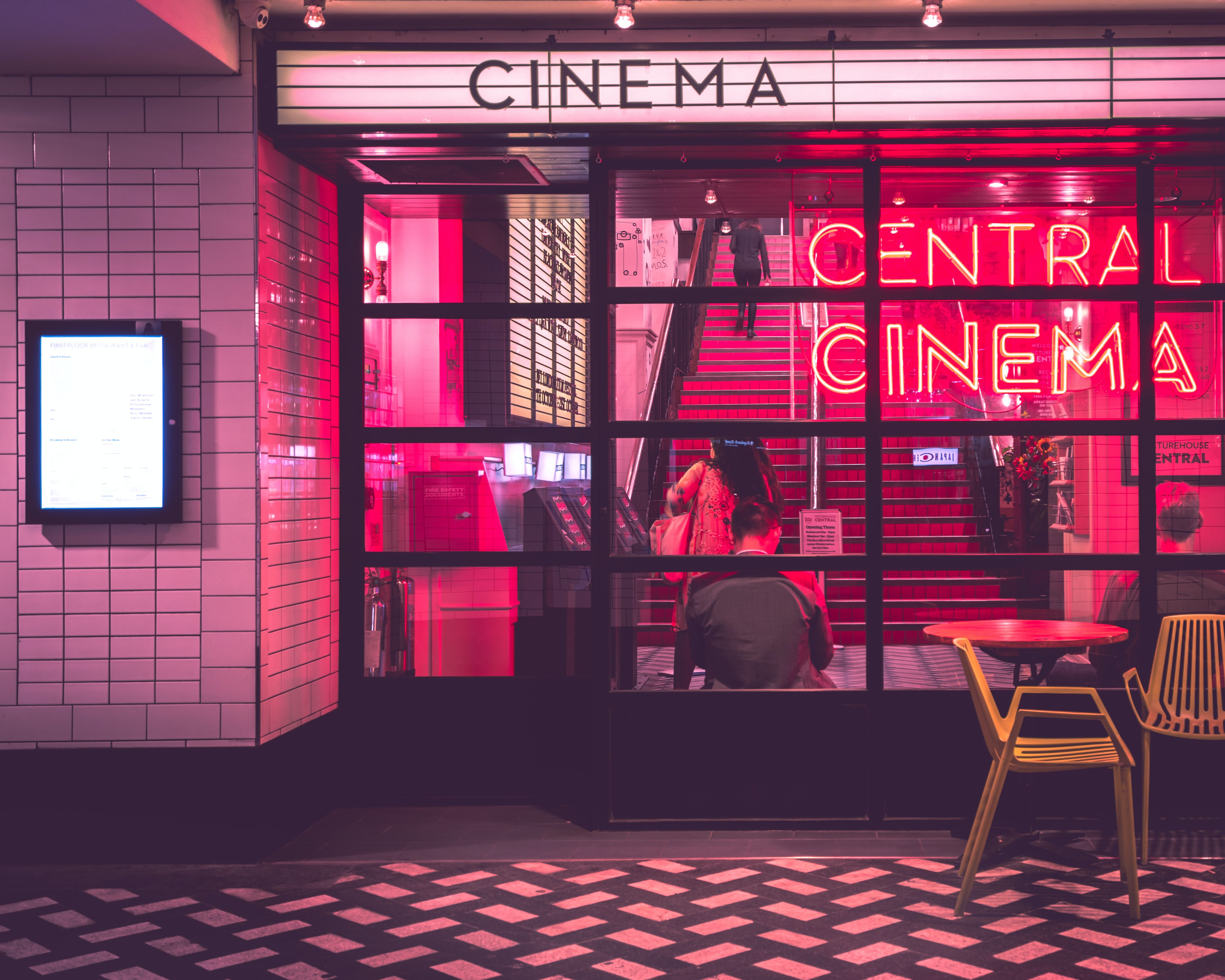Many people's quarantines have consisted of constant
streaming of movies and TV shows from their couch, and pandemic stay-at-home
orders and general fear have kept movie theaters either closed or nearly empty.
As a result, movie theater conglomerate AMC has been hit hard, amassing a
current debt of $4.9 billion with rumors of bankruptcy. As Amazon, with its
monopolistic shopping and delivery service as well as Amazon Prime streaming
platform, seeks to expand its reach into the movie business, rumors have
circulated that Amazon is considering buying out AMC.
"From what I'm hearing, AMC is pretty public about its inability to meet the requirements to get through this mess," Vince Guzzo, President of the Cinémas Guzzo, a Canadian regional theater chain, said. "If Amazon buys AMC, I don't think it will be a hostile takeover. I think it will be more than a welcome proposal."

With more streaming platforms in the market than one can count, this move would indicate an expansion of Amazon's platform to the currently under-utilized market of movie theaters. Since content in theaters is often years behind customer taste, while streamed platforms can churn out content much more quickly and consistently, Amazon's movie takeover would put money and attention into content that is possibly more in sync with current tastes. With Amazon becoming a $1 trillion company—strides ahead, in value, of companies like Netflix—taking over other parts of the film industry, such as film screening/exhibition, would be a strategy aimed to increase profits as a monopoly.
"I think that Amazon has figured out that with Crave,
Netflix, Amazon Prime, Disney+, and even Sony and Paramount and Universal
wanting to come in, the steaming market is going to be a very crowded place,"
Guzzo said. "Even when Netflix was the only name in town, it was not making
money. If you can't make money when you have a monopoly, you're not going to be
making money when you're dividing up the market."
While this move would certainly open up a new part of the
market for Amazon that has not been tapped into by other streaming platforms,
it would also bolster the credibility and confidence in the movie theater
industry. Small independent theaters would not be so impacted by Amazon's
entrance into the industry because they would compete in different, smaller
markets. For regional companies like Cinémas Guzzo, Amazon's investment in film
exhibition has the potential to help business.
"I think a buyout of AMC by Amazon helps everybody," Guzzo
said. "If theater exhibitors are being confronted with the negative mindset
that movie theaters were destined to die, the minute your banker hears that
Amazon is buying AMC, they're going to turn around and say, 'Okay, well, movie
theaters are not dying.'"
Guzzo believes that the decline of movie theaters is a result of a repetitive seven-to-10 year cyclical boom and bust and that the end of the pandemic will bring a resurgence to the industry as people want to leave their homes for entertainment and socialization, causing some pushback against streaming-platform growth.

"I think the symbolism is that if you've been locked up in
your house and you've been confined to [home] screening for the last two and
half months, it's like eating at the same restaurant day in and day out," Guzzo
said. "Chances are, you'll eventually just tire of it."
As Amazon moves into this market, we can expect other
conglomerates to do the same, like the predicted purchase of Cineworld by
Disney. With these two huge content providers having movie theaters and
platforms, there is likely to be competition that will result in the companies
innovating and distinguishing themselves from each other, which will be good
for customers.
"On the short term, I don't think there is a risk," Guzzo
said of the Amazon AMC buyout. "I think what's going to happen is there's going
to be a huge consolidation in the business, and I think what we're going to end
up with is an even smaller amount of huge, world-presence exhibitors and then
very strong regional players."

